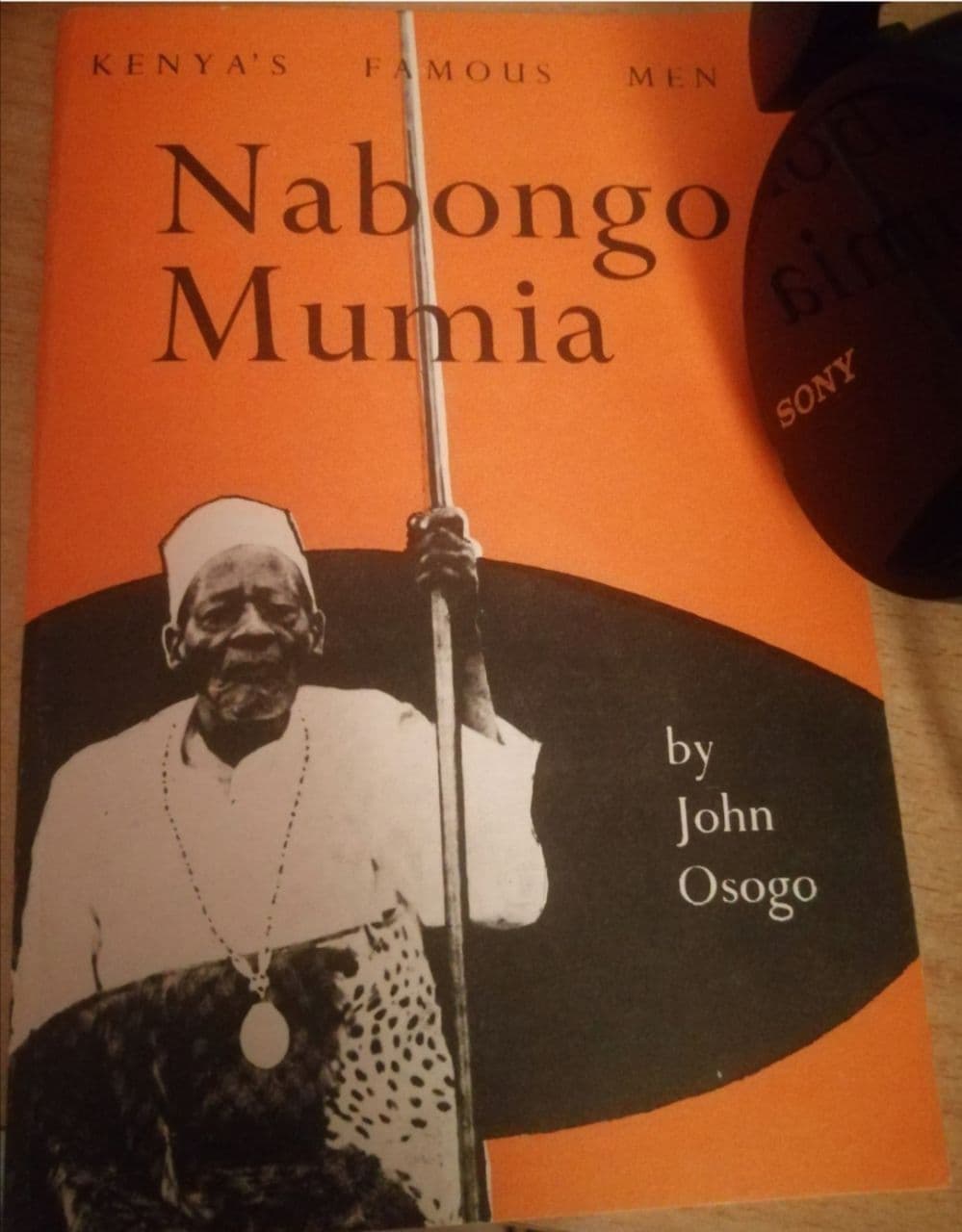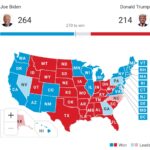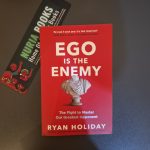Most of us who studied in the 8-4-4 system of education became aware of Nabongo Mumia in Primary school when we were taught about those who collaborated and those that resisted the British colonial rule.
I hated this collaborator since then. But after reading this book, my feelings are diverse. I want more.
Well, this short 46-paged book is packed with a tale about the leader, in fact, the King of the Luhyas and Luos. Yes, Mumia’s empire extended into Kisumu and slightly beyond. He had Luhyas, Luos and Maasais in his army.
He also took wives, as his forefathers, from the wider Western Kenya, i.e. Luo, Teso, Luhya. I don’t know if Raila is related to him as he often claims, but there’s a mention of an Obonyo, sometimes Oponyo as one of Mumia’s sons.
It is true, he came into leadership after his dad’s death in around 1880s. His dad, Nabongo Shiundu regarded him as a weakling but it was the efforts of his mother, Wamanya, the cunning younger wife of Emperor Shiundu that helped him get the seat.
It is not that Mumia was a coward, but it seems we can deduce that he was what we usually refer to as introverted. The guy had slain a lion and leopard in his youth, that is not a coward or a weakling.
His father just didn’t like his laid back style. But he succeeded him.
Encounters
The author said, Mumia first encountered white people, a Joseph Thompson, 3 years after his rule had begun. It was a downward trend since then as he didn’t discern that these same people he was easily fond of and friendly to, unlike the Baganda that slaughtered them, would ruin his kingdom.
Well, the book depicts how the British slowly by slowly ate into his influence through that inglorious British trait of cunning and deceit, until such as a time when the two actually needed each other to survive but as history now shows, it was Mumia and the Wanga people who lost in the end.
We now have Kenya, without a thriving monarchy in any part, unlike Uganda which still has the Baganda Kingdom.
In the late 1930s maybe 1940s, a new school of Africans emerged trying to get rid of colonial rule, one of them is the future President Jomo Kenyatta who at one point went to seek advice from Mumia on how to stop the British, but Nabongo, as usual with his love for the British, warned Kenyatta that it was impossible.
Indeed, it is impossible since even now under Uhuru Kenyatta; we are led by sons and daughters of colonial chiefs that collaborated with the British empire. Appalling.
It is Kenyatta that recounted a visit to Mumia in a speech he made in 1963.
Well, Mumia died in 1949, still a British supporter though they had shafted him thoroughly and his Kingdom was not; it was only nominally that he was considered paramount Chief, but the British would get orgasms by sabotaging or embarrassing him in public at any chance. He was very forgiving! A luhya trait. That’s being stereotypic.
He scored some good points though, as he was described by one of the colonisers as ‘…shrewd, possessing more independence of character and dignity of manner that is usually met with, in the natives of this country…’
But Thompson, the first white guy to successfully pass Maasai country to reach Western Kenya described him as having, ‘sluggish temperament’. Intovert.
Mumia became smarter as time went by as he pulled back from the public, sending only his younger brothers to conduct business on his behalf after he had learnt about the British disrespect.
‘realizing probably that his former powers as chief are circumscribed by the British, he no longer takes the trouble to assert himself’.
The book is good, easy to read and all. But as I read, I felt like there are other parts of Nabongo Mumia’s life that are hidden from us, maybe forever.
I believe that a man of such influence and stature must have had the same visions and seer-capabilities that other leaders/kings of other places in Kenya had (such as the Orkoiyot), as to prophesy about the coming men with pale skin who would rip-off the country.
I just know, it was not by mistake that no one has written anything about the Kings of Western Kenyan before Mumia or those of the Luos, because, this place that is now full or Roho churches must not have been dry and without drama as depicted by history books.
Western Kenya (including Nyanza) is a mysterious and deep place.
Recommend to me any other book that speaks about Nabongo (King) Mumia.
EMAIL: contact@ekoroi.com
Buy this book from Nuria Store.




